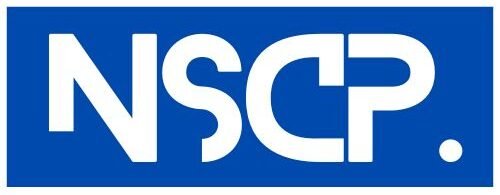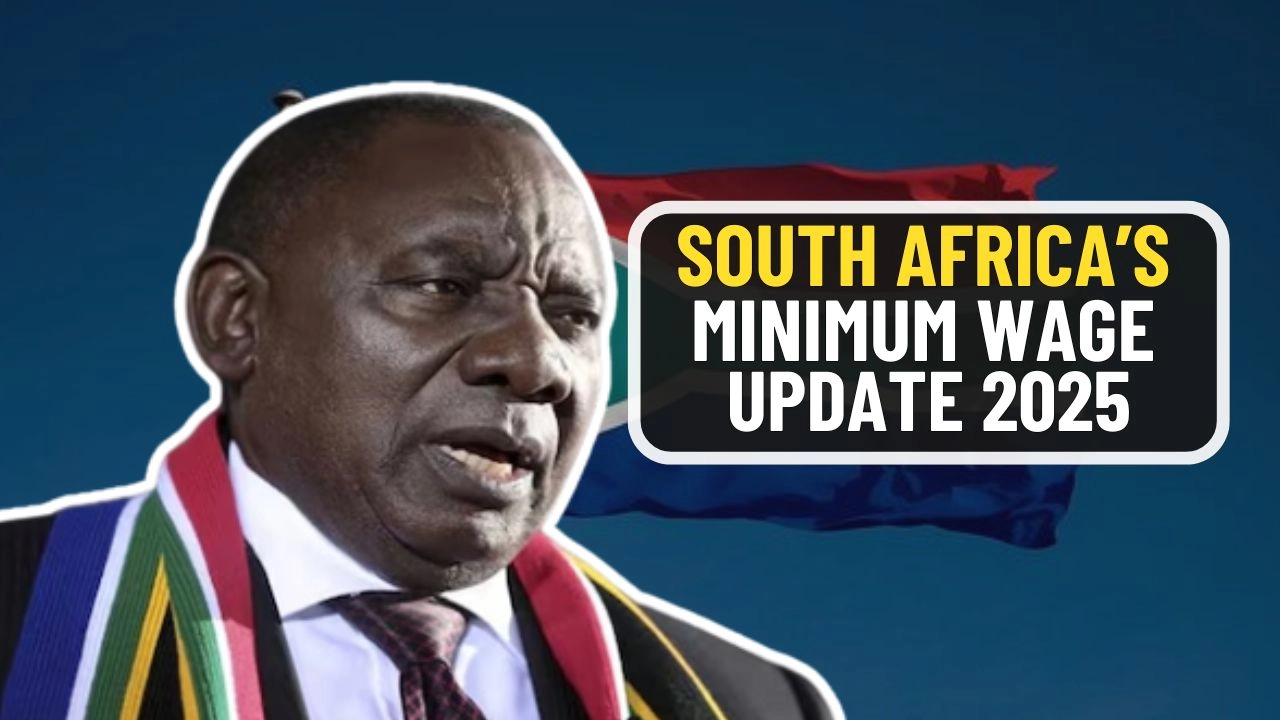In a move aimed at uplifting low-income earners, the South African government has formally announced an increase in the national minimum wage (NMW) for the year 2025. Beginning March 1, 2025, the revised hourly wage will rise from R27.58 to R28.79. This 4.4% increment seeks to provide relief to workers facing the mounting pressures of inflation and the rising cost of living, particularly in a country grappling with high unemployment and income disparity.
Tracking the Progression of Annual Wage Reforms
This latest wage revision builds upon the government’s commitment to conducting yearly adjustments to safeguard workers’ income levels. Compared to the 4.1% rise instituted in 2024, the current year’s 4.4% increase represents a slightly more robust effort to preserve the purchasing power of South African workers. With inflation measured at 5.3% year-on-year in December 2024, the updated wage ensures that worker earnings are not eroded by the economic climate.
A Policy Driven by Equity and Resilience
The primary goal behind the national minimum wage revision is to curb exploitation in the labor market by protecting workers from unduly low compensation. The Department of Employment and Labour aims to promote social fairness while keeping an eye on economic sustainability. In a country where financial inequality remains prevalent, this policy serves as a cornerstone in the broader fight to achieve a fairer, more balanced workforce.
Sectoral Considerations in Wage Structure
While the newly adjusted wage applies generally across industries, the government has outlined different rates for certain sectors. Those employed under the Expanded Public Works Programme (EPWP) typically involved in temporary, publicly funded infrastructure work will now earn R15.83 per hour, up from R15.16. The wage differentiation reflects the unique nature of these jobs, which are subsidized and short-term in structure. Meanwhile, contract cleaners working in metropolitan hubs such as Johannesburg, Cape Town, Tshwane, and Nelson Mandela Bay will receive R31.69 per hour. Outside of these cities, rates vary based on collective bargaining agreements or default to R28.89 in other regions.
Broader Implications for the South African Workforce

This wage increase extends its reach to cover all employees, including those in the domestic and agricultural sectors. However, it excludes participants in the EPWP, who remain subject to a separate wage scale. Furthermore, the policy does not encompass personnel affiliated with state security agencies such as the South African National Defence Force, the National Intelligence Agency, or the South African Secret Service. It is important to note that the updated minimum wage applies solely to base pay, excluding any additional compensation in the form of housing, transportation allowances, tips, bonuses, or commissions.
Government Oversight to Ensure Wage Law Adherence
The Department of Employment and Labour has committed to ramping up its enforcement efforts to guarantee compliance with the new wage regulations. Employers are expected to revise their payroll systems ahead of the March 1 deadline. To support compliance, the government will initiate more frequent workplace inspections and enforce penalties against businesses that fail to meet the updated wage obligations. This proactive stance is designed to ensure that all eligible workers receive the pay they are entitled to under the law.
Business Reactions and Economic Debate
The announcement of the wage hike has generated a mix of praise and concern across different sectors. Trade unions have welcomed the increase, citing its positive impact on worker dignity, morale, and financial security. They believe that fair wages can lead to greater worker productivity and contribute to a healthier economy. On the other hand, some small and medium-sized enterprises have expressed anxiety over rising labor costs. Sectors like agriculture, hospitality, and retail, which typically operate with slim profit margins, fear the increase might lead to job cuts or hiring freezes. Economists remain split, with some optimistic about its potential to boost domestic consumption, while others worry about the strain on already fragile businesses.
Wage Policy as a Tool for Inclusive Development
The 2025 minimum wage revision underscores South Africa’s broader push for inclusive economic growth. By aiming to improve the lives of the working poor while ensuring businesses can still operate sustainably, the government seeks a middle ground that benefits all stakeholders. While the policy may present challenges for some employers, it is seen as a necessary step toward building a labor market that values both fairness and resilience.
Preparing for a New Economic Reality
With the changes taking effect from March 1, all sectors of the workforce must adapt to the new wage framework. Employers are encouraged to ensure readiness through system updates and staff communication, while employees should familiarize themselves with their rights. As South Africa navigates the complexities of balancing growth with equity, the 2025 minimum wage increase stands as a reflection of the nation’s ongoing commitment to economic justice.

